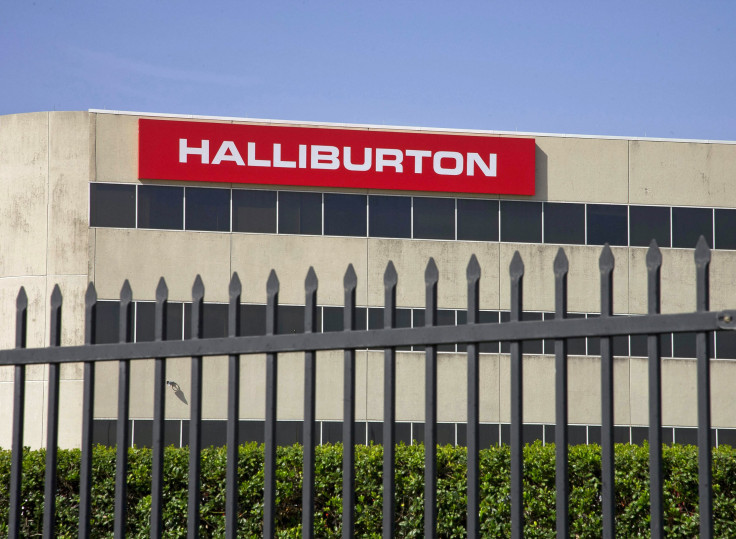Halliburton-Baker Hughes Merger Faces Another Hurdle As Australia Postpones Antitrust Clearance

Oil services company Halliburton Co.’s proposed takeover of Baker Hughes Inc. was further delayed Friday as Australia’s competition regulator Australian Competition & Consumer Commission (ACCC) raised concerns that the deal would reduce the number of suppliers in the oilfield goods and services in Australia.
Postponing its decision until Dec. 17, the ACCC asked for further comments from market participants, another setback for a deal that is already facing antitrust scrutiny in the United States. In August, the two companies had agreed with the U.S. Department of Justice to extend its review of the deal until Dec. 15.
Terming Halliburton and Baker Hughes as the “second and third largest oilfield services providers, both globally and in Australia,” ACCC Chairman Rod Sims said in a statement Friday that the proposed merger would "facilitate coordinated behavior in the market.”
The deal, worth about $35 billion, is currently facing regulatory scrutiny in several countries due to overlapping businesses in the U.S., Asia and Europe.
Regulatory minefield
Halliburton proposed to buy out smaller rival Baker Hughes in November 2014, in a deal designed to make it a stronger competitor to industry leader Schlumberger Ltd. The company is counting on the purchase to cut costs as lower oil prices have forced oil companies to cut down on exploration and development spending.
However, due to the overlapping nature of the two companies' businesses, global regulatory bodies have been less than enthusiastic in their scrutiny of the deal.
To appease competition watchdogs world over, Halliburton said last year it would shed as much as $7.5 billion in annual revenue. The Houston-based company is selling off its drilling parts business, along with additional businesses, as it attempts to close the deal by end of 2015 but concedes that the deadline may be extended into 2016. Baker Hughes is also set to divest units in Australia, Brazil, the Gulf of Mexico, Norway and the U.K.
Merger experts say the wide spread of assets, businesses and operations of the two oil services leaders means the market remains less confident the deal will be completed this year. "[The agreement] does not remove any regulatory risk as the approval has still not yet been received," Roy Behren, portfolio manager at Westchester Capital Management, told Reuters.
© Copyright IBTimes 2025. All rights reserved.



















